Frozen cells of millions of «cryopreserved» animals to be sent into space
Scientists want to send frozen samples of endangered animals to the Moon for safekeeping in the event of a global catastrophe on Earth. A «biorepository» of frozen animal cells stored on our planet's natural satellite could help revive life if something happens.
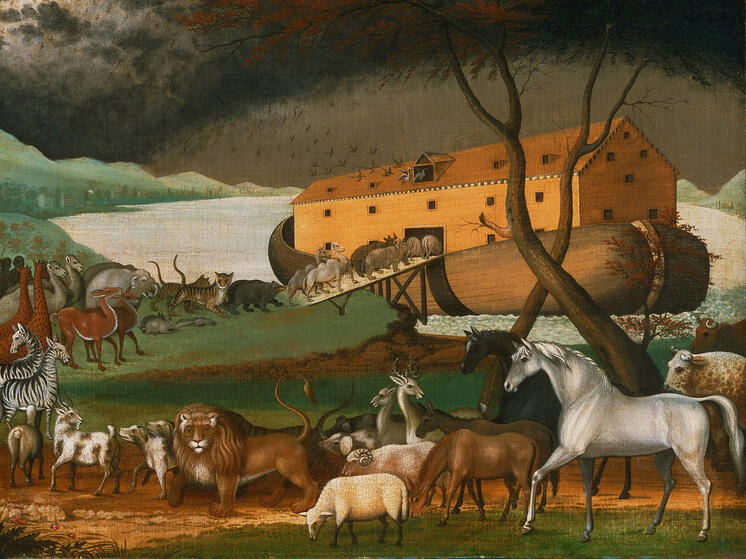
Eccentric entrepreneurs like Elon Musk want to send people to the Moon or Mars so that humanity can survive a global climate catastrophe, writes the Daily Mail, and immediately asks: “But what will happen to our planet’s wildlife in the event of such a catastrophe?”
Scientists may finally have an answer as they propose a 'biorepository' on the moon to protect Earth's rich animal diversity, the Daily Mail reports. The biorepository — a space version of Noah's Ark — would contain frozen cells from millions of 'cryopreserved' species, from mammals to reptiles, birds and amphibians.
If life on Earth were to be wiped out, the cells could, the authors of the unusual idea hope, be cloned to create new life — either on Earth, the moon or another planet.
Scientists from the Smithsonian's National Zoo and Conservation Biology Institute (NZCBI) in Washington DC outlined their hugely ambitious plan in a paper published recently in the journal BioScience.
Although the authors of the idea do not estimate the exact cost of the lunar bio-storage, they assure that its creation will probably be five times more expensive than on Earth, but cheaper to maintain.
In this lunar storage, writes the Daily Mail, it would be possible to store cryopreserved cells of various animal species, although in other options it would be possible to store frozen plant seeds.
«The lunar biorepository was initially intended for the species most at risk on Earth today,» says lead author NZCBI cryobiologist Mary Hagedorn. «But our ultimate goal would be to cryopreserve most species on Earth.»
At an average distance of 238,855 miles, the Moon is far enough from Earth to survive climate change that would wipe out the planet's animals, the Daily Mail writes. But it also has the added advantage of being cold enough to freeze animal cell samples without using electricity like on Earth.
Scientists are proposing to place a «biorepository» in the especially cold polar regions of the Moon, where there are craters , which never receive sunlight due to their orientation and depth. In these so-called permanently shaded areas it can be -246°C — more than cold enough for cryopreservation, writes the Daily Mail.
Experts are taking inspiration from the Svalbard Global Seed Vault, an underground bunker that stores frozen seeds in case Earth's crops are destroyed. In 2017, melting permafrost put the collection at risk of flooding, showing that even an underground vault can be vulnerable to global climate change.
Compared to seeds, animal cells require much lower storage temperatures (-196°C) to preserve, the Daily Mail notes.
As part of their research, Mary Hagedorn and her colleagues cryopreserved skin samples from a reef fish called the starry goby, specifically samples of its fins. The fins contain a type of skin cell called fibroblasts, which provide the structural framework for animal tissue and play an important role in wound healing. The samples will then be tested for radiation exposure — similar to that experienced on the moon — to prepare for sending the biological material to the moon. Another step in the future will be to develop packaging that can withstand the radiation and microgravity levels associated with space travel.
It is possible, the Daily Mail reports, that the samples will first be sent to the International Space Station (ISS) to see how they hold up during a spacewalk, in case the packaging needs to be modified.
Ultimately, the first batch of cell samples from the most threatened species could be carried back with astronauts on future missions to the moon as part of NASA's Artemis program. Artemis would eventually establish a permanent base and provide a «sustainable human presence» on the moon, with buildings and infrastructure. Of course, the ambitious project is likely to face many obstacles, including the sheer number of animal species on Earth, estimated at 7 million, the Daily Mail points out. According to a study published last November, 2 million species, both animal and plant, are currently at risk of extinction.
But the scientists stress that this is a «decade-long program» — and the long-term project will require extensive international cooperation.
«The creation of a lunar biorepository will require collaboration among a wide range of countries, cultural groups, agencies and international stakeholders to develop appropriate sample storage, management and long-term plans,» the authors of the idea say. «Protecting life on Earth must be a top priority in the pursuit of lunar sites by industry and many scientific communities.»


















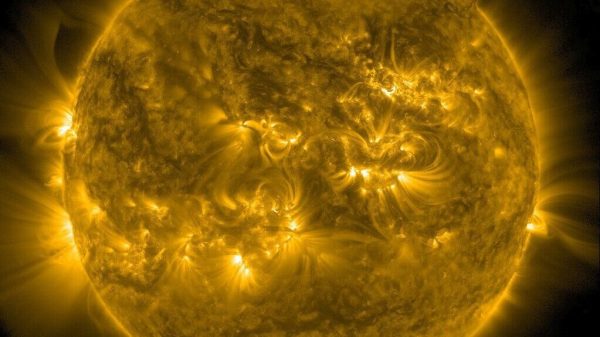

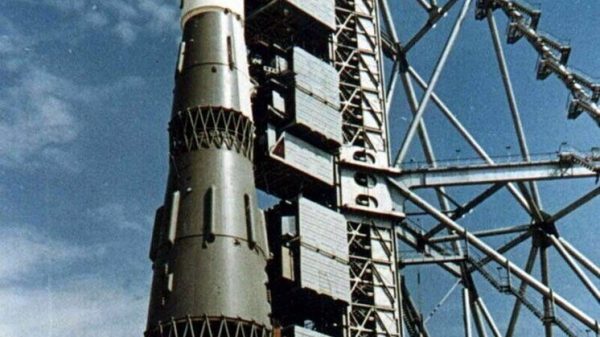
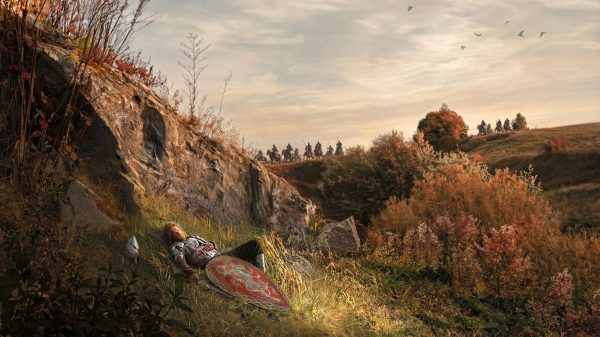













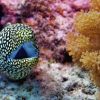
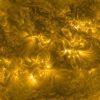

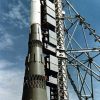















Свежие комментарии